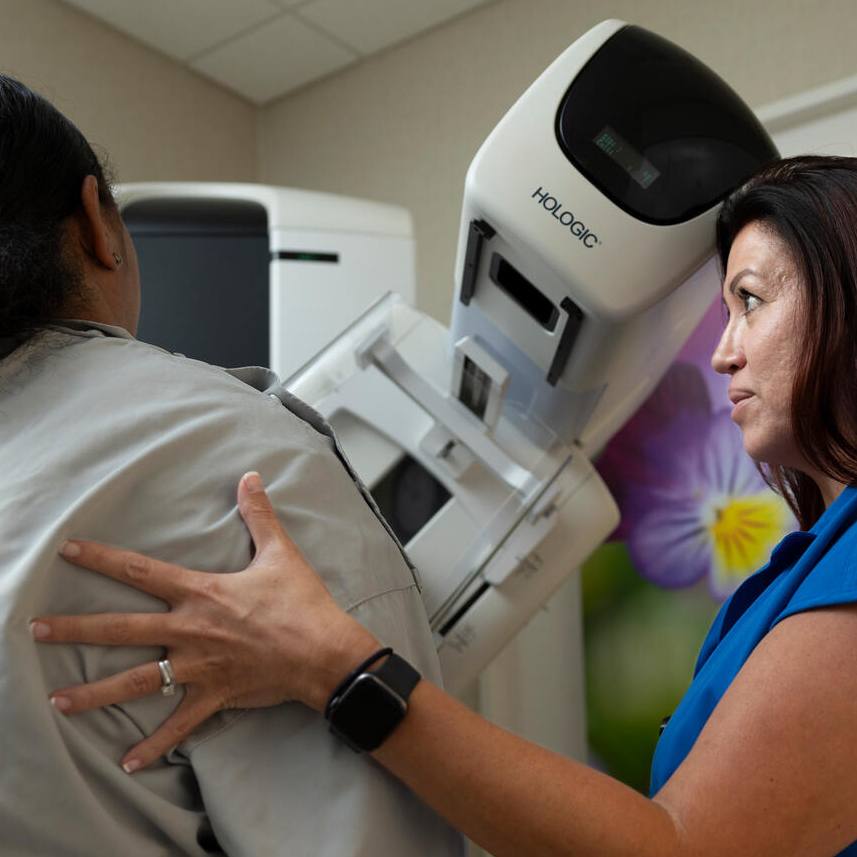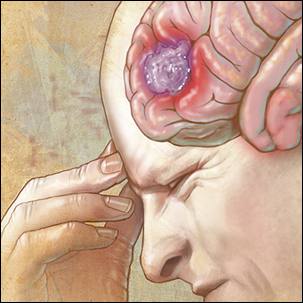-
Cancer
Tuesday Q and A: GI symptoms that come on quickly not always a concern
 DEAR MAYO CLINIC: I am 44 and in good health. Two weeks ago I became very ill (bloody diarrhea and severe abdominal cramping for three days) after eating at a restaurant. The stool samples did not show any sign of food-borne disease, and I was told my symptoms were probably the result of a virus. I am concerned that it could be something more serious. Should I request further testing?
DEAR MAYO CLINIC: I am 44 and in good health. Two weeks ago I became very ill (bloody diarrhea and severe abdominal cramping for three days) after eating at a restaurant. The stool samples did not show any sign of food-borne disease, and I was told my symptoms were probably the result of a virus. I am concerned that it could be something more serious. Should I request further testing?
ANSWER: A variety of conditions could be the cause of your illness. If you no longer have any symptoms, then it is unlikely you need additional testing. If you are still having some symptoms, then more investigation is required.
In someone who has previously been well, who has no history of gastrointestinal (GI) complaints and who has a bloody, diarrheal illness that comes on quickly, we can divide the likely possible causes into two main categories: infectious diarrhea versus inflammatory diarrhea.
Colon cancer and other GI cancers typically do not cause the symptoms you describe and, while cancer is often something that patients worry about when they see blood in the stool, symptoms such as yours would be very unlikely to represent cancer. Metabolic causes of diarrhea, such as thyroid dysfunction, usually do not cause blood or pain, so that also is less likely. Celiac disease, which is a wheat allergy, can cause diarrhea, but it would not be bloody or painful.
The most common kinds of infection that would lead to these symptoms include e. coli, campylobacter, shigella and salmonella. They are all bacterial infections. If you were recently exposed to antibiotics or if you have been in a health care setting, Clostridium difficile, also called C.diff, infection could explain your symptoms.
Rotavirus and Norwalk virus are the most common causes of acute infectious diarrhea in the U.S. Typically, however, they cause watery rather than bloody diarrhea. A parasite infection such as giardia can cause profuse diarrhea, but it also causes watery, rather than bloody, diarrhea.
Inflammatory conditions that could explain your symptoms include inflammatory bowel disease, such as ulcerative colitis or Crohn’s disease. These are autoimmune conditions which cause inflammation and often ulcers in the bowel. Ulcerative colitis affects only the large bowel, or colon. Crohn’s disease has the potential to affect the entire GI tract. People with these diseases usually have a history of diarrhea, abdominal pain, weight loss or anemia. A family history of inflammatory bowel disease also may raise an individual’s risk.
Another possibility is ischemic colitis. In this condition, part of the colon briefly receives less blood flow — often due to dehydration or an episode of low blood pressure — and becomes inflamed. Common symptoms include left-sided abdominal pain and bloody diarrhea. In most cases ischemic colitis does not require treatment and heals on its own within a few days. Occasionally people with ischemic colitis need to be hospitalized for fluids and pain control. The diagnosis is made by either a CT scan or an endoscopic evaluation of the colon.
In a patient with symptoms such as yours, we often send stool samples to the lab for a bacterial culture, a parasitic examination and a test for c.diff. If these are negative and symptoms continue, the next step would be blood tests and investigation with a colonoscopy.
Blood testing can detect anemia and reveal evidence of inflammation. Colonoscopy allows us to examine the lining of the colon and take biopsies, if needed. Imaging with a CT scan of the abdomen may also be necessary if symptoms continue and the other tests are negative.
If your symptoms are gone completely and you feel like you are back to normal, then this most likely was an infection that your body has already cleared. In that case, no more testing is recommended. However, if symptoms persist, I would recommend complete stool testing, lab work and, if the stool testing is negative, a colonoscopy. — Sarah Umar, M.D., Gastroenterology & Hepatology, Mayo Clinic, Scottsdale, Ariz.







